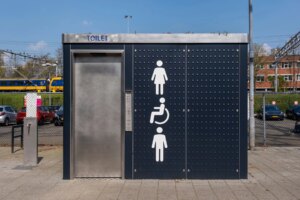Firstly, welcome to the Netherlands! This small country in northern Europe definitely packs a lot into its borders. From majestic canal towns and bustling port cities to verdant countryside crisscrossed by cycle lanes under a neverending sky, the Netherlands really has it all. And the best part is, you can now call this fantastic country home.
However, as any expat will tell you, the first few days in a brand new country can be challenging. After all, being faced with a system you don’t know in a language you don’t understand isn’t the easiest introduction to your new home. But it soon gets better – we promise. To help you better navigate the start of your new Dutch life, here’s our guide to 10 things you need to do in your week in the Netherlands.
Airbnb
Looking for a home away from home in Netherlands? Airbnb is a global online community offering accommodation and experiences. They have a selection of over 6 million unique properties available through their secure booking service. So, whether you're moving to Amsterdam, Rotterdam, or elsewhere, Airbnb has the right short-term let for you.
1. Find somewhere to live
It may be stating the obvious, but unless you’ve been placed in accommodation by your new employer, chances are you’ll need to find somewhere to live in the Netherlands. For many expats, this means finding temporary accommodation while they find their feet in their new home. This could be at a local hotel, through a longer-term rental via an online accommodation portal, or even signing up for a few months in a serviced apartment. These are great options while you start looking for a more permanent residence in the country. Websites where you can find these types of listing include:
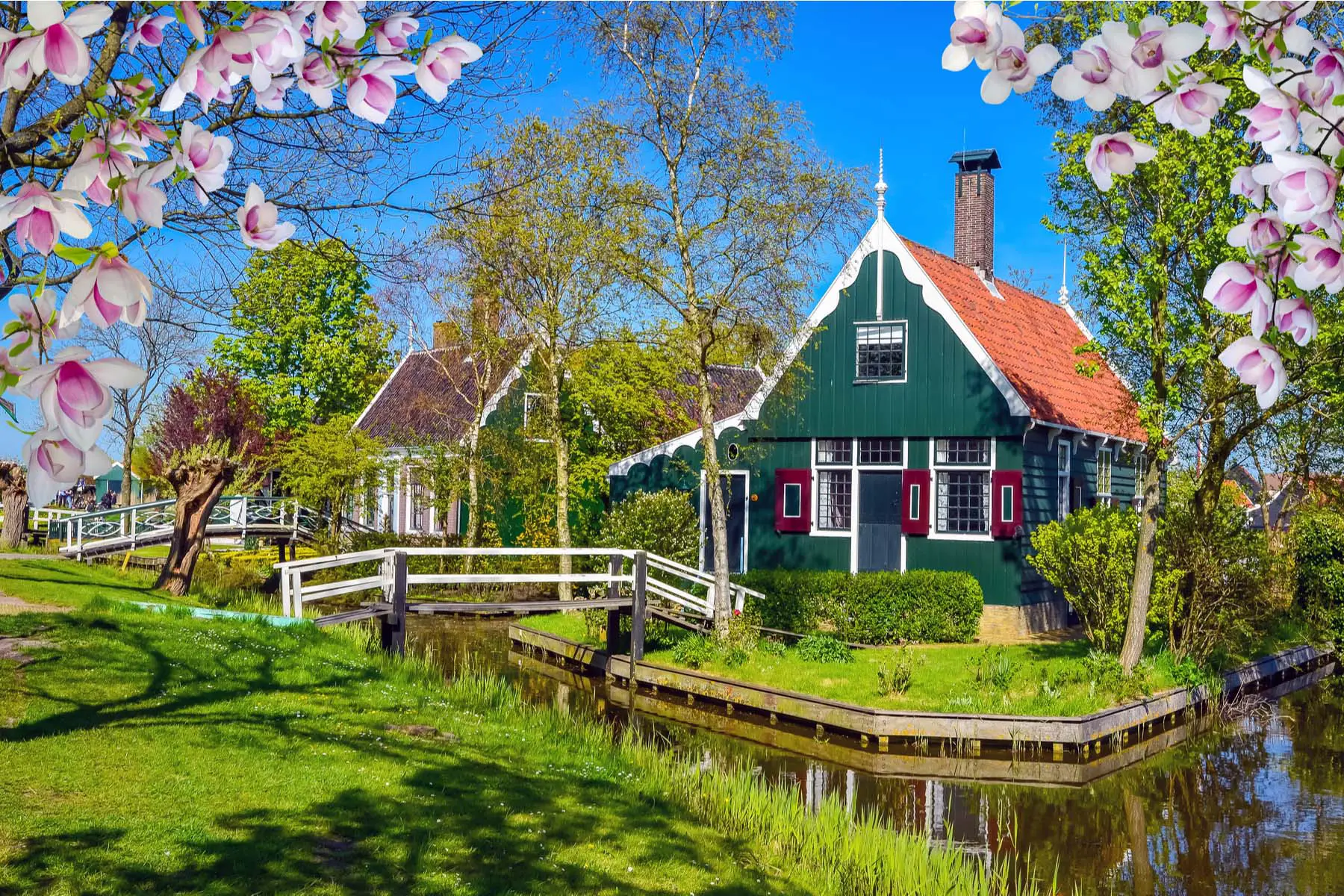
If you’re more interested in finding something a little more settled, then you’ll probably consider renting a property in the Netherlands. Fortunately, the Dutch rental market is a good starting point for many expats; although be aware that it can vary significantly between locations. Whether you are renting or buying, Funda.nl is a great way to get a feel for what’s out there, although you may need a realtor (makelaar) for the best chance to buy, or if you have more specific or pressing rental needs. If you’re looking for a room in a houseshare, however, then your best bets are local room rental Facebook groups or Kamernet. There are also agencies that can help international students find accommodation.
2. Get a bike
It might sound like a cliché, but one of the first things you’ll need to buy in the Netherlands is a bike. After all, there’s nothing the Dutch love more than zipping around on two wheels, and you’ll soon realize why. With excellent cycling infrastructure in the Netherlands, two wheels are often the easiest and most efficient way to get around the country. This is particularly the case in your first few weeks, while you set up your new life in the Netherlands. You can pick one up at your local bike store or an online stockist. As you start cycling, you’ll soon find your confidence increases. You’ll also be able to get a feel for your new neighborhood and surroundings, helping you spot any local shops or cozy brown cafés you might want to explore.
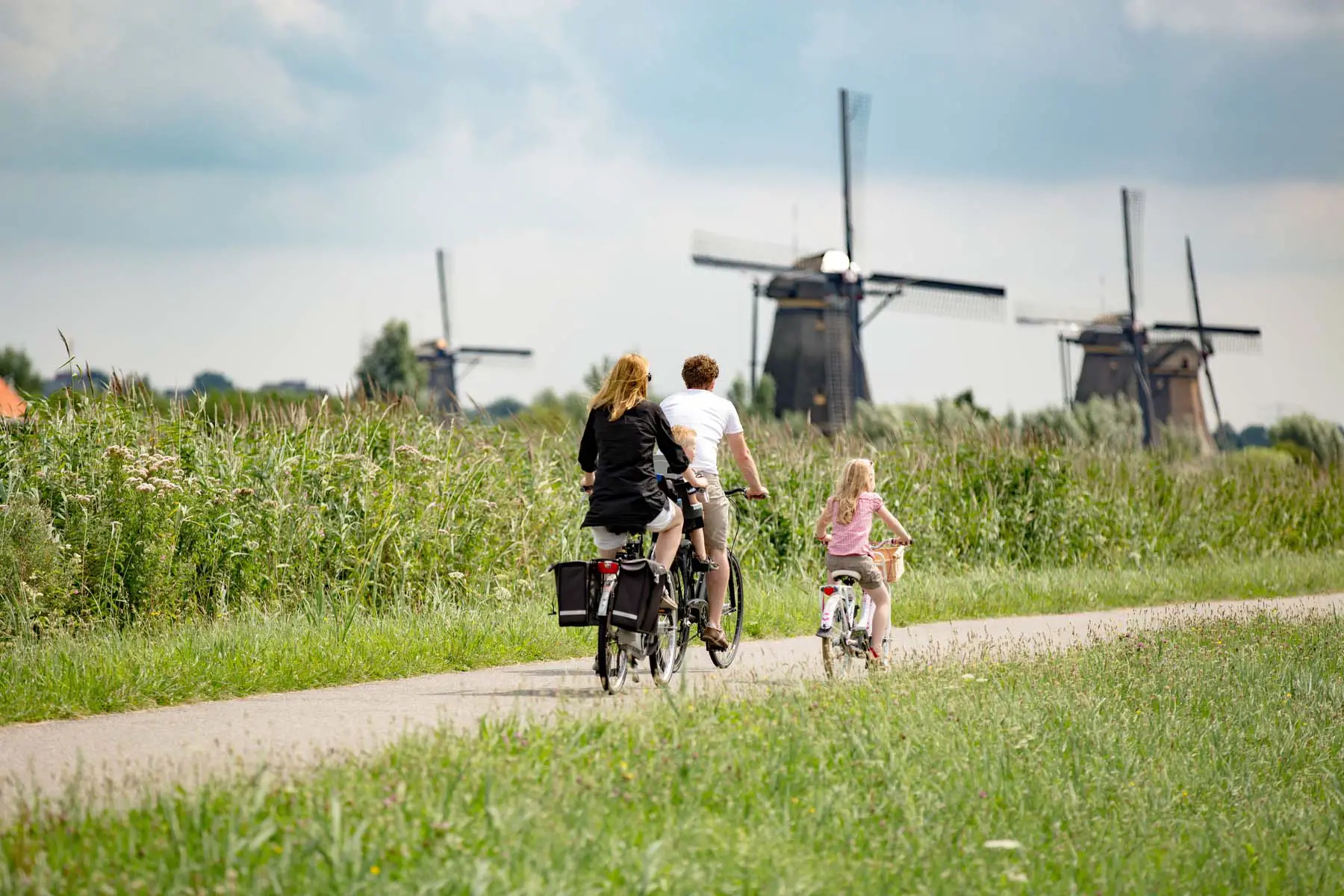
Locals of all ages like to cycle in the Netherlands, and many Dutch parents use cargo bikes (bakfiets) to transport their little ones. However, if you’re more used to four wheels or are living in a rural area, you’ll probably want to buy a car in the Netherlands. Thankfully, it’s easier than ever to do just that. Some expat-friendly platforms let you buy second-hand vehicles completely online, while car-sharing options are available in many cities if you don’t feel like buying. Luckily, arrivals from EU/EEA countries are not immediately required to swap their driving license for a local one, although you should do so if you are planning a long-term stay. Other nationalities may require an International Driving Permit. For more information, read our guide to getting a Dutch driving license.
3. Register with your local municipality
One of the most important things you’ll need to do during your first week in the Netherlands is register as a resident with the Personal Records Database. New arrivals from all countries are required to register if they are planning to stay longer than four months. And this must be done in person at your local municipality office. You must also contact your local municipality within five days of arriving in the country to schedule an appointment for registration. Once registered, you’ll receive a Citizen Service Number (Burgerservicenummer or BSN).

While all this might sound a bit daunting for new arrivals, the process is fairly straightforward. Depending on capacity at your local municipality office, your appointment should be scheduled within a week or two. Be aware that you’ll need to provide an address as part of the process. Some hotels allow longer-term guests to register, however many don’t so do your research ahead of time. Once you’ve registered and received your BSN, you’ll soon find out just how essential the BSN is for many aspects of Dutch life, such as registering with a local doctor and filing your tax returns. You’ll also need it to use DigID, one of the must-have Dutch apps you can use to access government services online.
4. Sign up for health insurance
Expats arriving in the Netherlands will be pleased to find out that the Dutch healthcare system is consistently ranked as one of the best in Europe. Care is typically of a high standard, with relatively short waiting times and knowledgeable healthcare professionals. That said, understanding how a new system operates can be challenging for expats arriving in a new country, and the Dutch system is no different. Therefore, it’s a good idea to start figuring out your healthcare options during your first week in the Netherlands, particularly if you or your family have any health conditions.
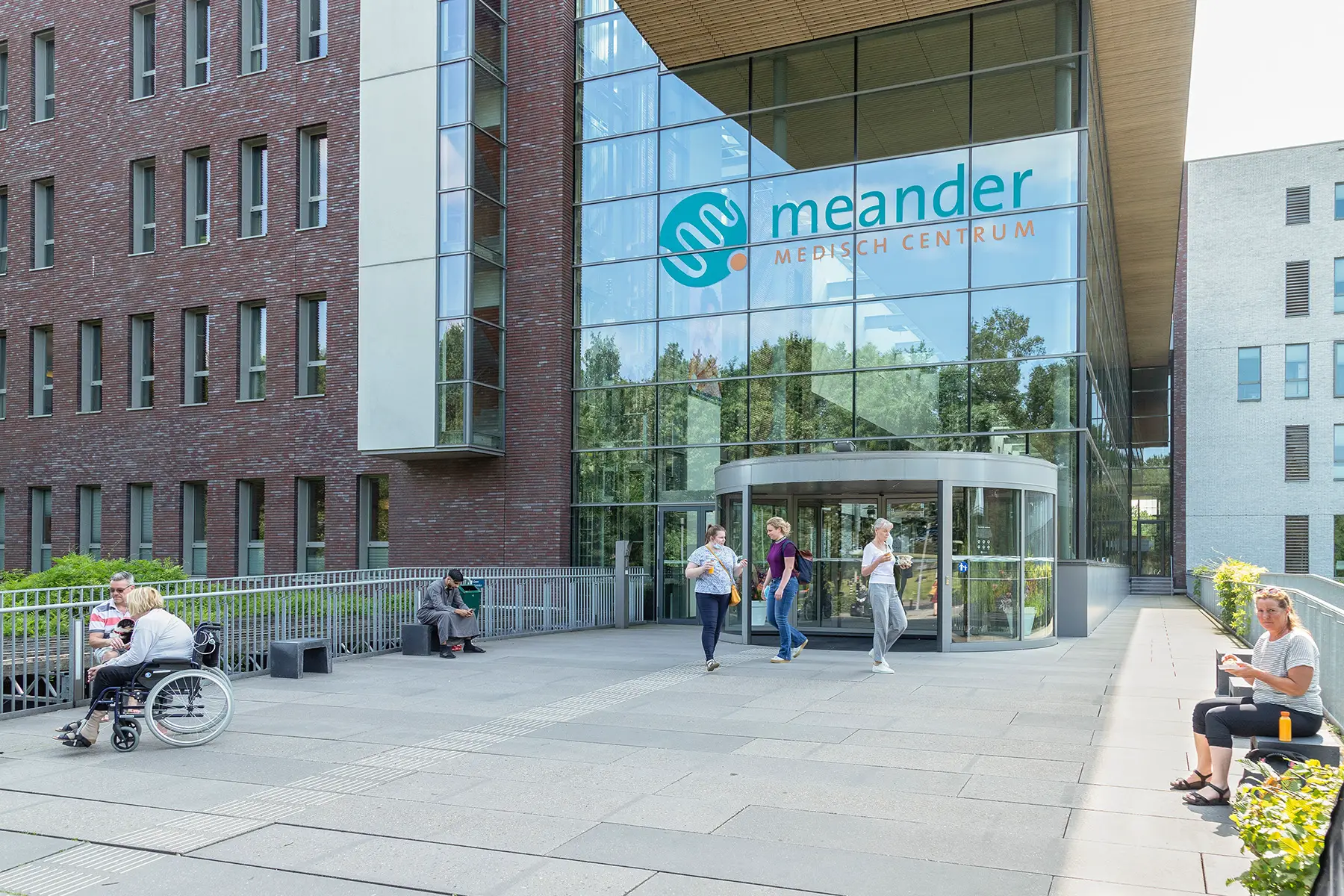
Notably, health insurance is mandatory if you’re living and working in the Netherlands, and you must sign up within four months of arriving to avoid facing charges. The system is implemented by private insurers but regimented by public policy, which requires Dutch insurers to charge a standard cost for basic packages and accept all residents, regardless of health conditions. International insurers are also available. Some of the leading health insurance providers in the Netherlands include:
For more information on your Dutch health insurance options, as well as any other insurance products you might need, read our guide to insurance in the Netherlands.
5. Open a Dutch bank account
As any expat will tell you, opening a Dutch bank account is one of those moments when you start to feel really settled in your new home. Getting a shiny new bank card (if you choose) will firmly plant you in your new life and be extremely useful when it comes to setting up all those bills and payments you’ll soon have. Whether you’re receiving your paychecks, signing up for a Dutch SIM card, or simply buying groceries at your local supermarket, it definitely helps.
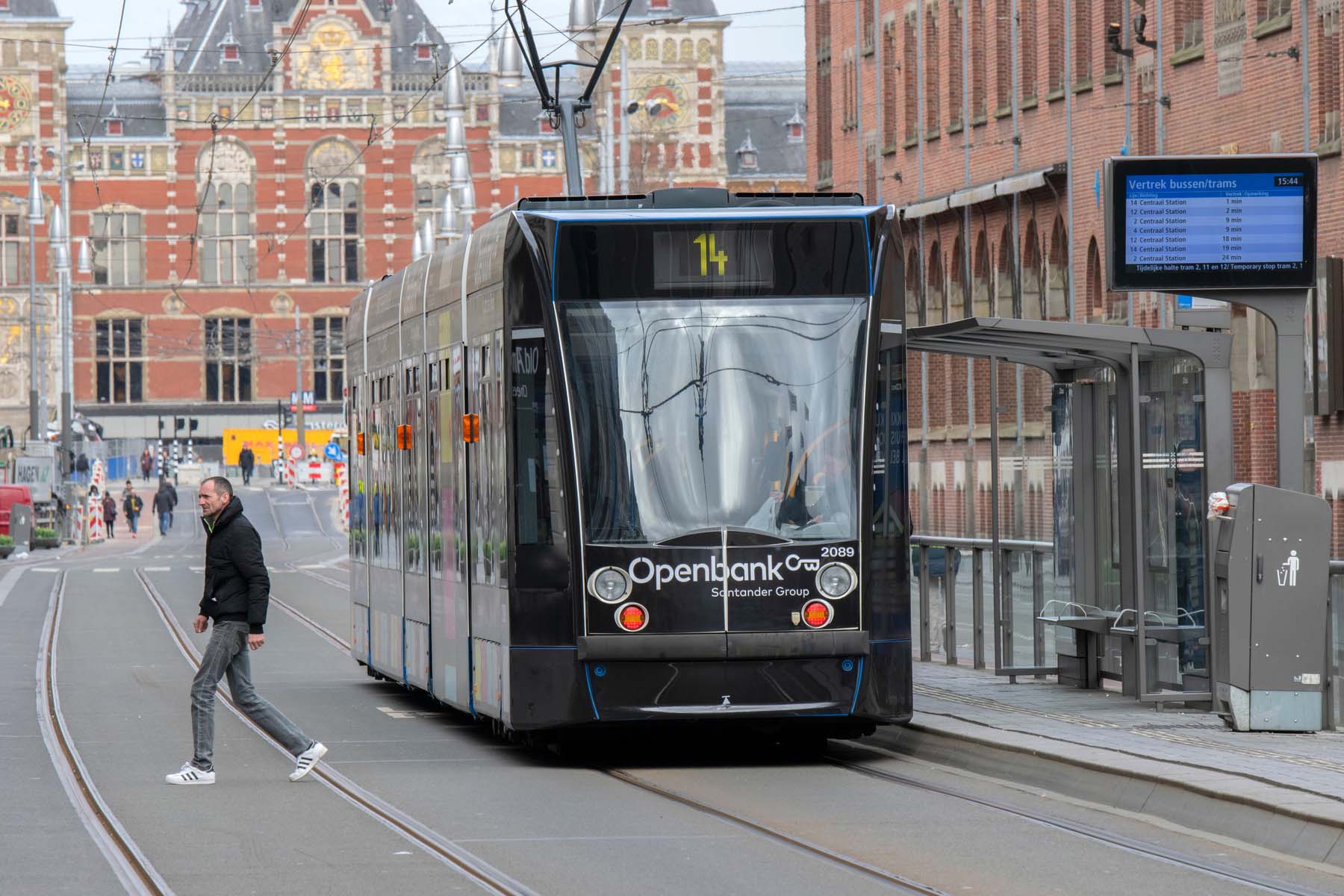
The biggest Dutch banks are ING, ABN AMRO, and Rabobank. At any of these, you’ll be able to open an account relatively easily. That said, you may need to book an appointment ahead of time at busier branches. However, many expats are opting for mobile bank accounts instead, taking advantage of greater flexibility and a faster set-up process. Mobile banking options in the Netherlands include:
You’ll typically need to provide a valid ID, proof of address, and your BSN to open an account, although the process is often easier with mobile banks. If you need to transfer money from your old accounts, then money transfer platforms such as CurrencyFair and Wise can help.
6. Sort out employment
Some expats arriving in the Netherlands are lucky enough to already have employment sorted before they even step foot on Dutch soil. However, for many others, this is not the case. Unfortunately, it can take a while to find work in the Netherlands, although this varies significantly between cities, industries, and seasons. Unless you’re from an EU/EEA country, you’ll probably need a work permit in order to legally work in the Netherlands. You’ll also need to provide any new employer with your BSN, so be sure to get that sorted as soon as possible.
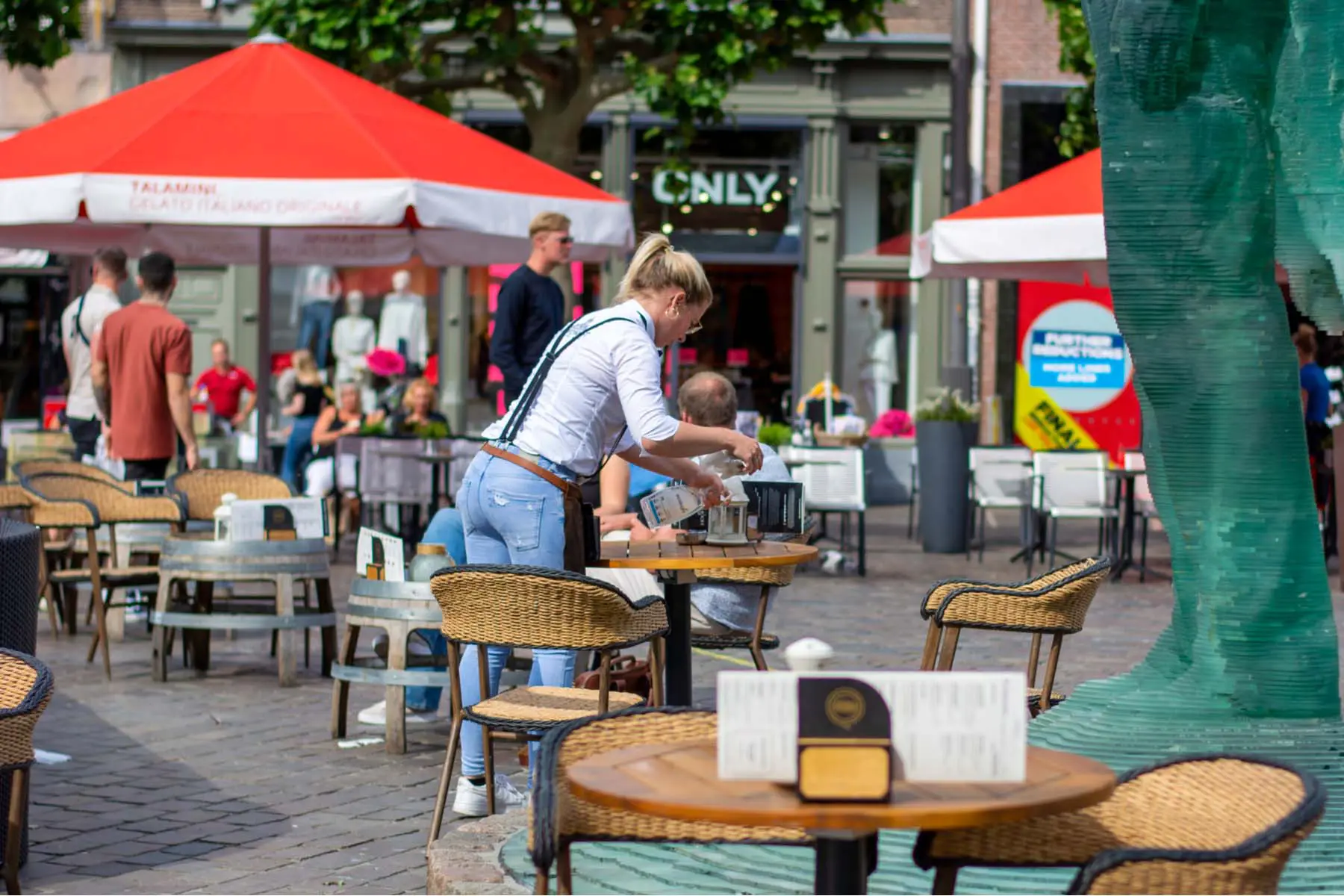
If you’re looking for work, then it’s a good idea to get the ball rolling during your first week in the Netherlands. This can include refreshing your resume for the Dutch job market, getting in touch with some local job agencies, and looking through job portals operating in the Netherlands. Some of these job portals include:
Generally speaking, the Dutch job market is fairly strong so don’t lose faith if it takes a little longer to find that new role. Stay positive and remember to use any spare time wisely, for example, learning some Dutch or building up your local networks.
7. Sign up for a Dutch mobile number
Want to stay connected with family and new friends in the Netherlands? Or perhaps you just want to make sure you don’t miss out on any job opportunities that might come your way. This is where signing up for a Dutch mobile number can really help. Depending on where you’re arriving from, you might be able to use your existing phone and number for the first few weeks in the Netherlands. However, if you’re staying longer-term, then it’s a good idea to sign up for a Dutch mobile number. Whether you opt for a prepaid SIM or a longer contract, having a local number can make everyday life much cheaper in the long-run.

As an expat living in the Netherlands, you’ll soon realize just how many options you have when it comes to the Dutch mobile market. In fact, it can be confusing to the untrained eye. But don’t worry. The sign-up processes are generally straightforward and the amount of choice means that you can often save some money, too. Some of the leading mobile operators in the Netherlands include:
Expat Mobile
Try Expat Mobile for affordable calls in the Netherlands and abroad, helping you save when contacting friends and family. As the only Dutch provider offering mobile subscriptions before you arrive, you can get connected right away, even without a Dutch bank account. Find a plan to suit you with Expat Mobile.
If you’re not sure which operator is right for you, though, comparison websites such as United Consumers can help. If you’re in the market for a brand new phone, expat-friendly Mobiel.nl also lets you compare models and buy online.
8. Get your new home connected
Once you’ve found your new home, you might need to get it connected to all the Dutch utilities and telecommunications you and your family need. Typically speaking, serviced accommodation and some rental properties will include these as part of your monthly payments. This is also the case for Dutch flatshare rentals, and you will typically share these costs with housemates. However, many rental properties in the Netherlands don’t come with these connected, meaning you need to sort them out yourself. If you’re buying a Dutch property, then you’ll also need to set these up when you move in.
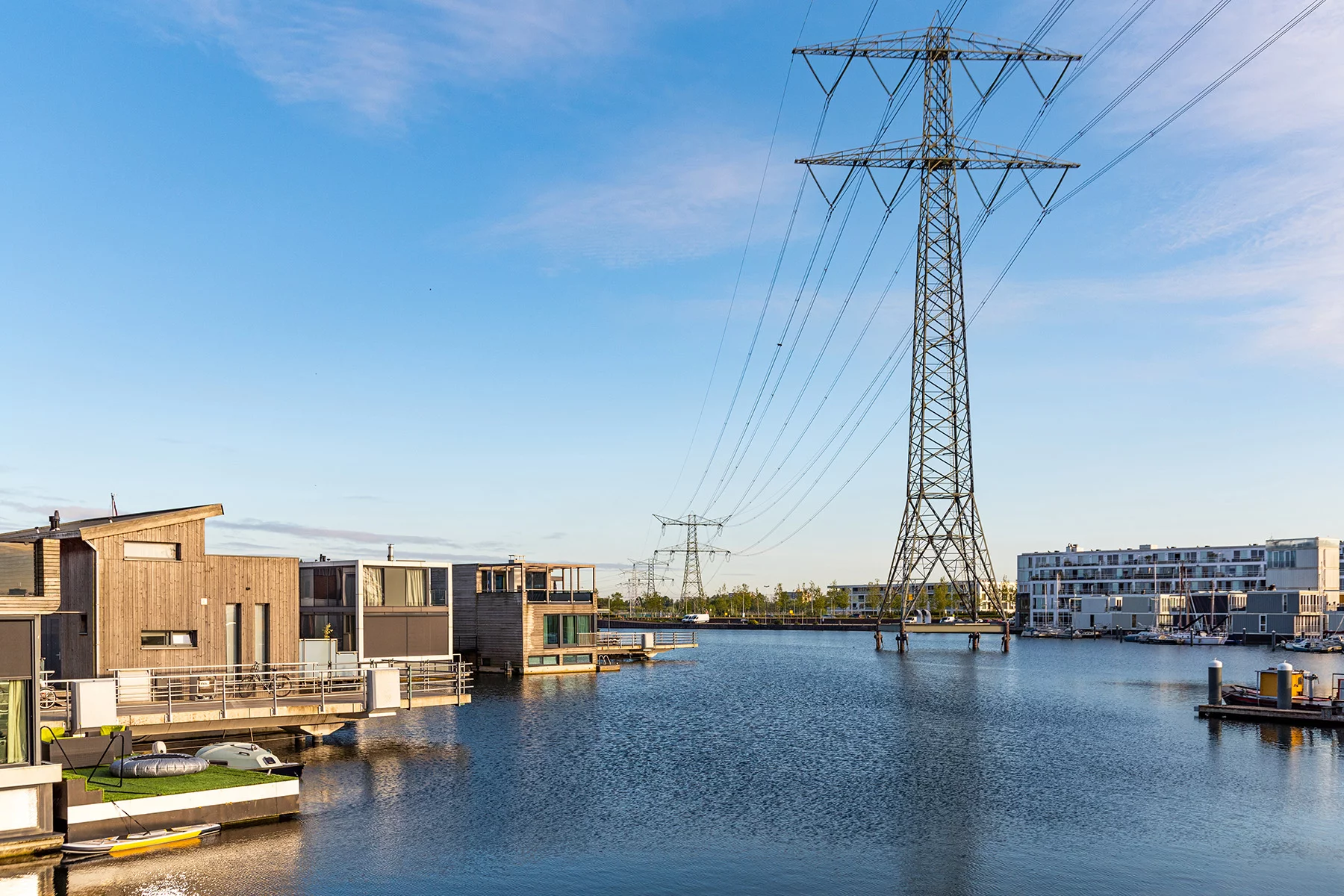
But fear not as these sign-up procedures are fairly straightforward. Just bear in mind that you may need a BSN and a Dutch bank account to sign up for some of these services. Electricity and gas providers in the Netherlands include:
While you can choose your energy provider, water is operated at a local level in the Netherlands, meaning you’ll need to register with your municipality’s supplier. Generally speaking, internet and TV are packaged together, often with home phone. Some of the main providers in the Netherlands include:
As always, be sure to check out a Dutch comparison website such as United Consumers to make sure that you get the best deal for your needs.
9. Sort out your family’s education needs
If you’ve moved with children, then signing them up for local schools is one of the most important things that you need to do during your first week in the Netherlands. However, the Dutch education system is probably going to differ from that of your home country, so you might want to brush up on the basics so you can explain things to your little ones, and not-so-little ones. In the Netherlands, children start school on their fourth birthday, although structured learning typically won’t start until they turn six. When they reach 12 years, children move to secondary school. There are three types of secondary school, and children have to sit an exam (cito-toets) to determine which they will attend. Notably, full-time education is compulsory until the age of 16, and at least part-time until 18.
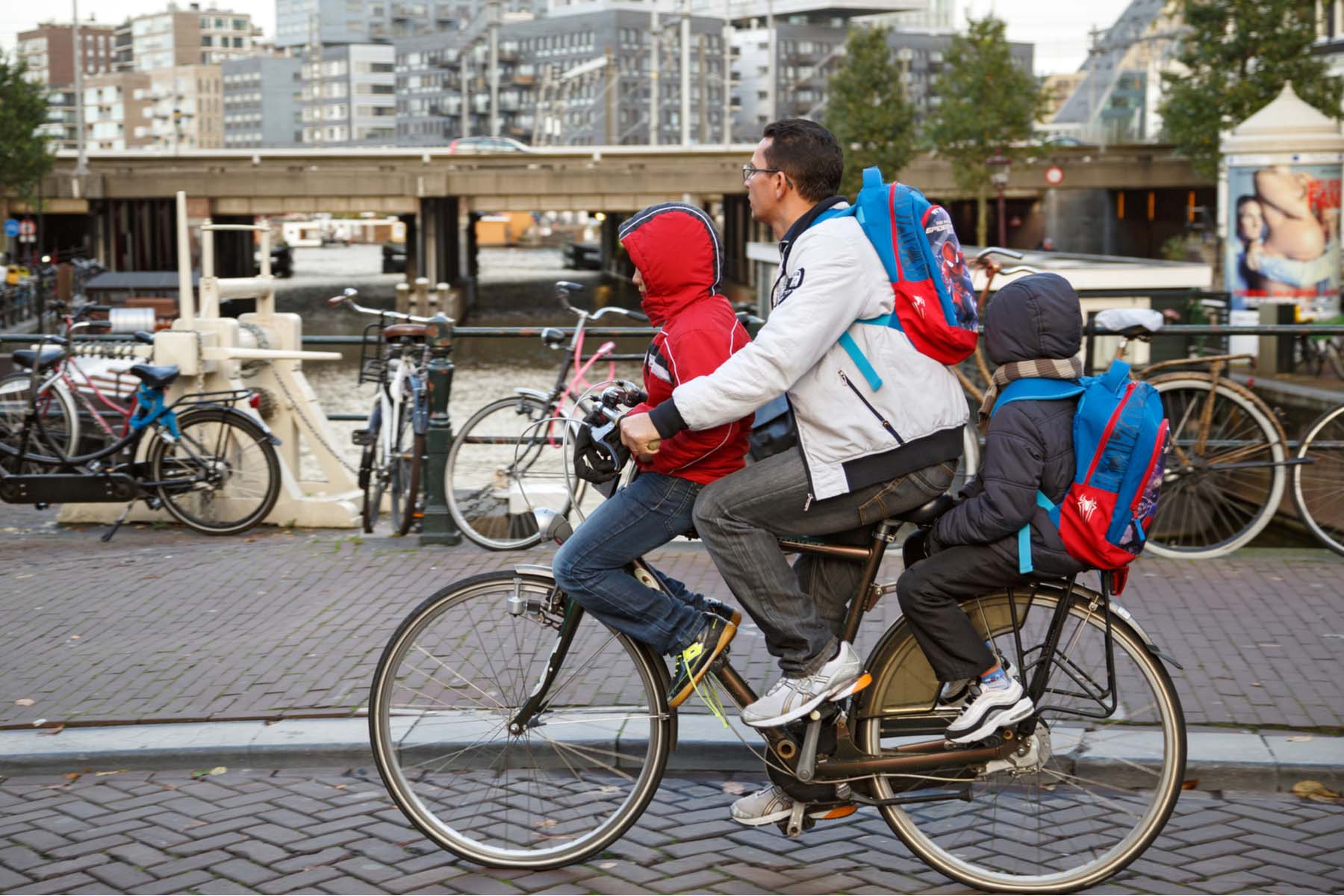
During your first week in the Netherlands, it’s a good idea to research the local school options. You may want to send your kids to the local Dutch school. This will give them plenty of opportunities to integrate and make friends in the neighborhood. However, many expats prefer to send their children to one of the many international schools in the Netherlands. These are often cheaper than you might expect, due to government subsidies, and typically offer a range of programs; these include US and UK qualifications as well as the International Baccalaureate (IB). Some of the main Dutch international schools include:
If you’re looking for more information on options for younger children, then read our guide to preschool and daycare in the Netherlands.
10. Explore your new home!
You only have one first week in the Netherlands, so get out there and make the most of it! That’s right, while this list might seem daunting for some newcomers, don’t let yourself get too bogged down with life admin. After all, the Netherlands is a country full of great things to see and do, whatever the weather. And while you might be busy opening bank accounts and enrolling the kids at the local school, be sure to give yourself a break so you can enjoy your new life. After all, you didn’t move to the Netherlands to spend your time comparing energy options!

Thankfully, wherever you are in the Netherlands, you’ll be able to enjoy a slice of Dutch life quickly and easily. If you’ve moved with little ones, be sure to check out our guide to the best things to do with kids in the Netherlands. If fairy tale amusement parks sound a little tiring, though, then a simple wander around your local park or local town or city center will give you a nice window into Dutch life. Another great thing to do during your first week in the Netherlands is to explore your new neighborhood. After all, these lovely local restaurants and cafés will soon become part of your everyday life. Enjoy!


